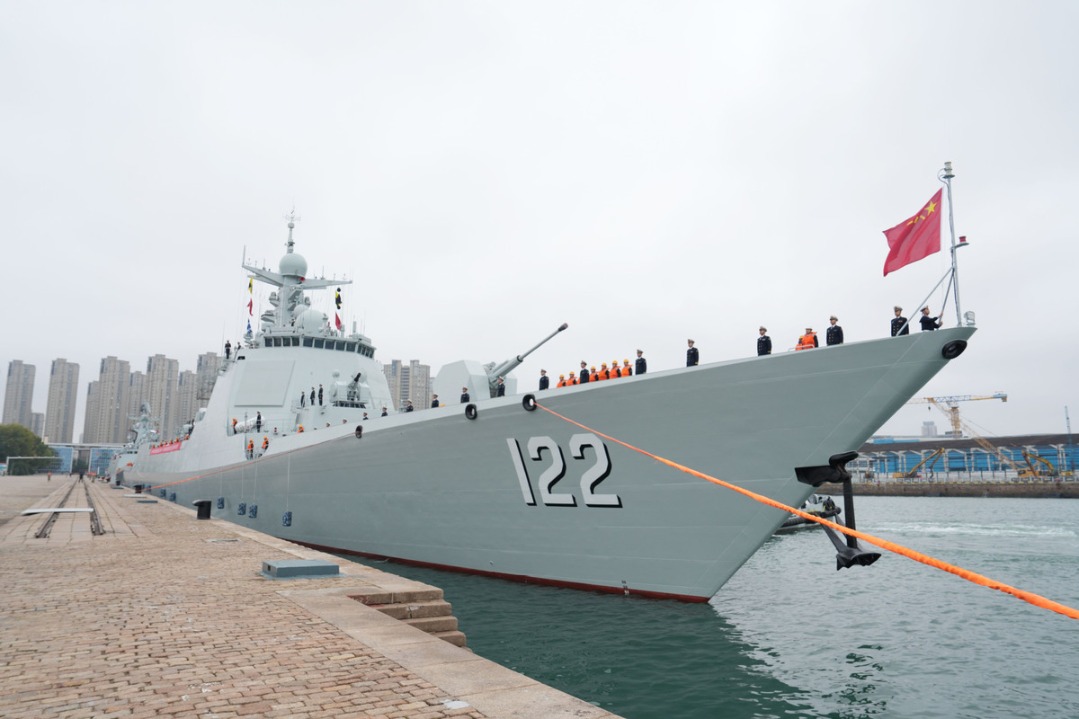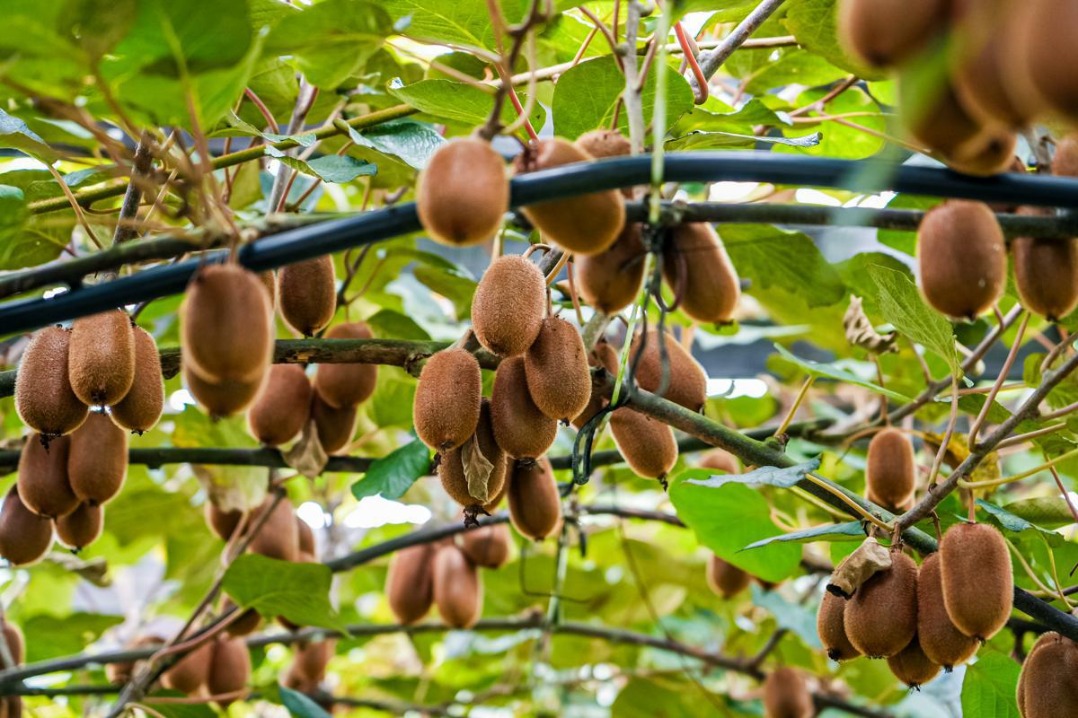GBA officials vow to further development

The Guangdong-Hong Kong-Macao Greater Bay Area should further promote scientific and technological innovation to fulfill its goal of becoming a world-class bay area, senior officials and experts said during a forum that concluded in Guangzhou, Guangdong province, on Wednesday.
Cities and regions in the Greater Bay Area should pursue breakthroughs as a strategic fulcrum in building a new development pattern, make progress in becoming a demonstration zone for high-quality development and play a leading role in advancing Chinese modernization, said Gao Yu, director of the Counsellors' Office of the State Council, at the two-day 2025 Guangdong-Hong Kong-Macao Greater Bay Area Forum.
Gao said the GBA has made significant progress in recent years, but now faces both new opportunities and higher demands as it moves into the next stage of development.
He pledged that his office will continue to support the GBA's development by fully leveraging the expertise of its counselors, librarians and special researchers to provide high-quality advice and contribute to the region's high-quality growth in the coming months.
Zhang Shaokang, vice-governor of Guangdong, said the province will take on its key role in constructing the GBA, viewing it as a major opportunity to deepen reform and opening-up while accelerating development.
Guangdong will continue to work with Hong Kong and Macao to improve infrastructure connectivity, align rules and mechanisms, and enhance people-to-people ties across the three regions in pursuit of building a world-class bay area, Zhang said.
Wei Houkai, director of the Rural Development Institute at the Chinese Academy of Social Sciences, called for deeper integration of the GBA's development with the Belt and Road Initiative. He emphasized the GBA's role as a strategic anchor in the country's new development pattern.
"It is now the right time to build a comprehensive development community in the GBA," he said.
Although Guangdong, Hong Kong and Macao have different development levels, they are geographically linked and share cultural and familial ties, Wei said. Their complementary strengths in economics, technology and culture lay a solid foundation for joint development, he added.
Ji Min, deputy director of the counsellors' office at the People's Bank of China, said the central bank has introduced several innovative policies to promote financial cooperation within the GBA in recent years.
As of the end of March, cross-border yuan settlement in the GBA had reached 38.5 trillion yuan ($5.42 trillion). Since the beginning of the year, the proportion of the yuan in total domestic and foreign currency settlements in the GBA has surpassed 70 percent, ranking first nationwide, Ji said.
More than 150 officials, counselors, experts and scholars attended the forum, which was hosted by the Counsellors' Office of the State Council and organized by the counsellors' office of Guangdong province.
The GBA consists of nine cities in Guangdong — Guangzhou, Shenzhen, Foshan, Zhuhai, Dongguan, Zhongshan, Huizhou, Jiangmen and Zhaoqing — along with the Hong Kong and Macao special administrative regions.
Contact the writers at zhengcaixiong@chinadaily.com.cn
- China activates Level-IV emergency response for flood control in 3 provinces
- Xiplomacy: How China helps empower women from Asia to Africa
- Dunhuang Yadan: Nature's epic 3D printing project!
- Pretty as a picture
- Carrie Lam: 'One country, two systems' essential for Hong Kong
- CPC expels former head of insurance company





































